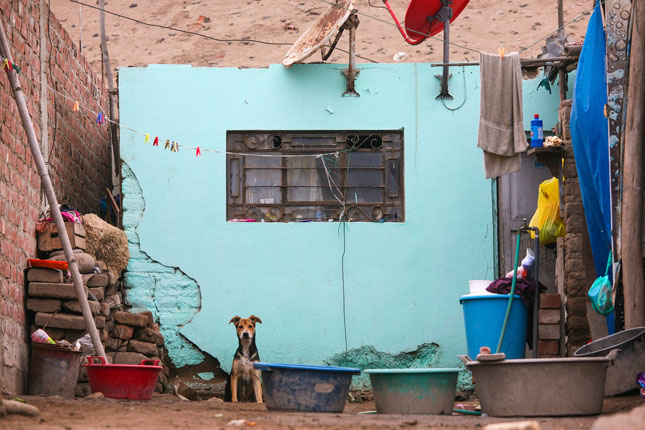-
Call for Papers: Reducing Urban Poverty 2016 Graduate Student Paper Competition
March 23, 2016 By Allison Garland
To encourage a new generation of urban policymakers and promote early career research, the Wilson Center, U.S. Agency for International Development, IHC – Global Coalition for Inclusive Housing and Sustainable Cities, World Bank, and Cities Alliance are sponsoring the 7th Annual Urban Poverty Paper Competition. The competition is open to graduate students working on topics related to urban poverty in the developing world.
The grand prize winner will attend the United Nations Habitat III Conference in Quito, Ecuador, in October 2016. Winning papers will be published and selected authors will be invited to present their work in a workshop at the Wilson Center in Washington, DC.
Papers should be policy-based and solutions-oriented and should critically examine existing projects and/or propose new strategies for tackling issues related to urban poverty. Papers must be linked to one of the following sub-topics:
Climate Change
Cities are grappling with the impacts of a changing climate, and the urban poor are the most adversely affected, especially women and children who experience difficulty in accessing resources, services, and decision-making opportunities. Papers in this category should explore urban adaptation to climate change and identify promising approaches, whether at a regional, city, department, neighborhood, or grassroots level.
Arrival Cities: Responding to Migrants and Refugees
While not a new phenomenon, current global conflicts are focusing public attention on refugees and migrants as countries strive to cope with the influx of newcomers. Traditional refugee camps and services are increasingly out of date in today’s urban landscape. Policymakers and practitioners alike are struggling with how best to provide assistance to refugees in cities.
Innovation in Urban Planning and Participation
Evidence-based planning is critical for addressing urban challenges and building equitable and sustainable cities and metropolitan regions. Recent advances in technology are enabling better informed decision making and new participatory processes. What tools, methods, and policies are being used by local governments and other institutions to develop consensus to define sustainable approaches to land use, urban investments, and public policy? How are these approaches to planning incorporating the perspectives of all stakeholders and focusing on the needs of the city’s most vulnerable groups? How is innovative planning addressing the needs of women?
Financing Sustainable Urban Development
Investment in sustainable urban development is critical for the future of a rapidly urbanizing world. Growing financing gaps will have a significant impact on economic growth and the quality of life in cities. How are local governments financing infrastructure and services for city residents, particularly the urban poor?
For detailed competition guidelines and further information on the sub-topics, please see the full call for papers on the Urban Sustainability Laboratory website.
Abstracts (maximum of 500 words) are due May 15, 2016.
Photo Credit: Lima, Peru, courtesy of flickr user Alex Proimos.
 A Publication of the Stimson Center.
A Publication of the Stimson Center.



